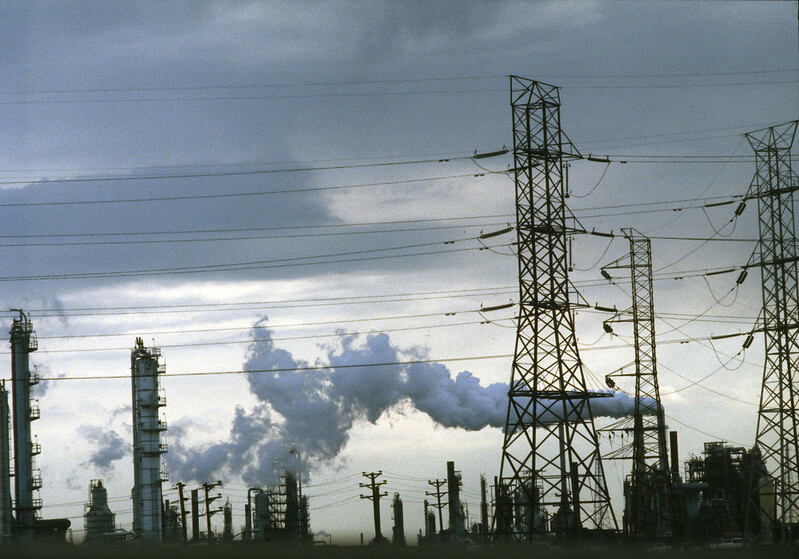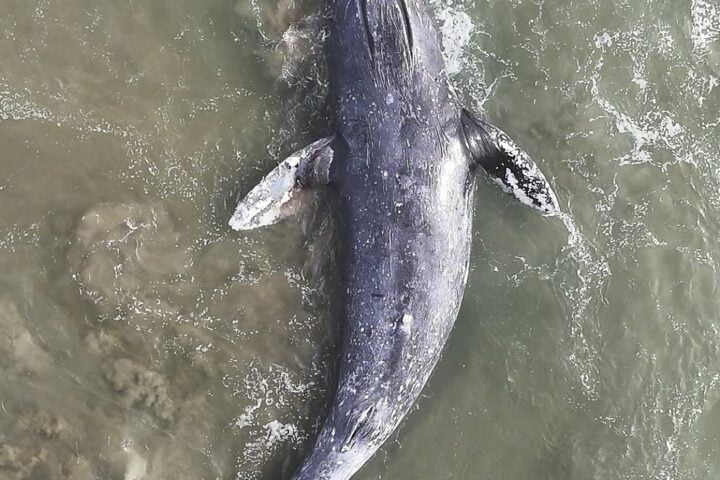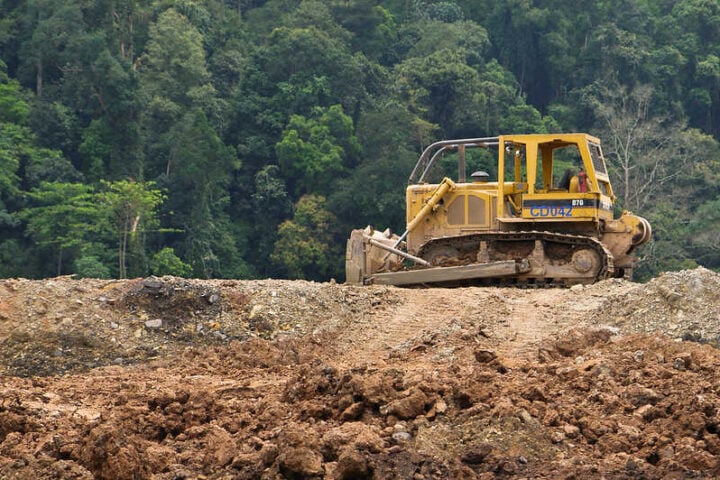The Environmental Protection Agency has established a new system allowing industrial polluters to request exemptions from Clean Air Act regulations through a simple email process, a move that has drawn sharp criticism from environmental groups.
The EPA announced this week that companies can now email requests to bypass regulations on hazardous air pollutants, including mercury, arsenic, benzene, and formaldehyde – substances linked to cancer, brain damage, and respiratory diseases.
“This is the email inbox from hell, where vital protections for the air we breathe go to die,” said Jason Rylander, legal director at the Center for Biological Diversity’s Climate Law Institute. “It’s truly dystopic for the Trump administration to allow polluters to unleash more brain-damaging toxins on our kids just by sending an email.”
How the Exemption Process Works
The EPA’s new approach relies on Section 112(i)(4) of the Clean Air Act, which allows the president to exempt “stationary sources” of pollution from compliance for up to two years under certain conditions. These exemptions apply to facilities like coal plants, chemical manufacturers, and steel producers – essentially any major pollution source that isn’t a vehicle.
To qualify, companies must claim that:
- The technology required to implement pollution standards is not available
- The exemption serves “national security interests”
The agency has provided a template for companies to use in their exemption requests, with minimal requirements for supporting evidence. According to the EPA, President Trump himself will decide whether to approve these requests “on the merits.”
Legal experts note that while this provision has existed in the Clean Air Act, it has rarely, if ever, been used before – and certainly not through such a streamlined process.
“What they are doing is unprecedented,” said Adam Kron, a senior attorney with Earthjustice. “There is a section in the Clean Air Act that provides the ability to seek this presidential exemption, but to our knowledge, it has never been used — and certainly not in a way where they are broadly putting it out there.”
Scope and Timeline
According to Adam Kron of Earthjustice, the exemption could apply to at least 764 pollution sources across nine industrial sectors, including:
- Chemical manufacturing
- Copper smelting
- Steel production
- Coal-fired power plants
Companies have until March 31 to submit their exemption requests. If granted, these exemptions can last up to two years and can be renewed.
Similar Posts
Health and Environmental Concerns
Environmental advocates warn that increased emissions of toxic pollutants could have serious health consequences:
- Mercury can cause brain damage in children, as mentioned by the Center for Biological Diversity
- Other hazardous air pollutants regulated under the Clean Air Act include cancer-causing substances that have been linked to reproductive and developmental issues and respiratory illnesses
- The Clean Air Act regulates nearly 200 pollutants including arsenic, benzene and formaldehyde
Environmental groups are concerned about the broader implications of these exemptions for pollution levels and public health.
Environmental Justice Impact
Critics also note that pollution disproportionately affects communities of color and low-income areas, where polluting facilities are often located. These communities already suffer higher rates of pollution-related illnesses.
“This loophole, if kept in place, will kill Americans, plain and simple,” said Laurie Williams, director of the Sierra Club’s Beyond Coal Campaign. “This is completely out of line with the mission of the agency and what Americans deserve from our government.”
Industry Perspective
The fossil fuel industry and manufacturing groups have long complained about the costs and challenges of complying with Clean Air Act regulations.
Earlier this month, when the EPA announced plans to roll back 31 rules governing air and water quality standards, Jay Timmons, chief executive of the National Association of Manufacturers, praised the administration for “rebalancing and reconsidering burdensome federal regulations harming America’s ability to compete.”
President Trump, who received significant campaign donations from fossil fuel companies, has previously vowed to increase coal production.
Legal Challenges Ahead
Environmental groups have already filed Freedom of Information Act requests seeking details about companies applying for exemptions and their justifications.
Earthjustice and other organizations have indicated they are prepared to take legal action should these exemptions go into effect.
“We’re prepared to take all steps to defend our clients and communities who really look to these rules to protect their health and their livelihood,” Kron said.
The Center for Biological Diversity has also filed a Freedom of Information Act request to obtain “every scrap of information the federal government has on this disgusting outrage,” according to Rylander, who added that they will “hold each company accountable for the horrific damage it will cause to human health and the climate.”


















